Crews working to extinguish a long-smoldering coal mine refuse pile in southern Colorado recently encountered scorching temperatures of 300 degrees Fahrenheit, significantly hotter than previously recorded levels.
The Corley Mine Surface Burn Mitigation Project, which began in early June, targets a 1.5-acre pile of coal waste that’s been burning underground for roughly 20 years. Until now, internal temperatures had hovered between 100 and 110 degrees, according to the Colorado Division of Reclamation, Mining and Safety (DRMS).
Located about nine miles south-southwest of Florence, the Corley Mine operated from the 1920s through the 1990s. The refuse pile—a 35-foot-tall, 150-foot-wide, and 300-foot-long mix of low-quality coal, rock, and dirt—formed in the 1950s from decades of mining operations. DRMS believes the fire likely started from spontaneous combustion of exposed coal waste.
To suppress the fire, crews are digging through the pile, dousing the hot material with water, and blending it with coal-free dirt and rock from nearby areas. To reduce wildfire risk, they also cleared a nine-acre buffer of vegetation around the site.
The $853,000 project is slated for completion by September 4. After extinguishing the burn, crews will backfill and reseed the area using native plant species to restore the land.
This isn’t the first time DRMS has tackled underground mine fires. In January, the agency extinguished similar smoldering piles at two Boulder County sites. While those fires didn’t exceed 200 degrees, they had raised public concern after the 2021 Marshall Fire, Colorado’s most destructive wildfire on record.
Elsewhere in the state, DRMS is also mitigating a coal seam near Glenwood Springs that’s been burning since 1910. That fire reached surface temperatures of 600 to 900 degrees earlier this year and was blamed for sparking the Coal Seam Fire in 2002, which scorched more than 10,000 acres and destroyed 28 homes.
Crews near Glenwood Springs expect to wrap up mitigation work by early July, though trails in the area may close intermittently due to rockfall hazards.

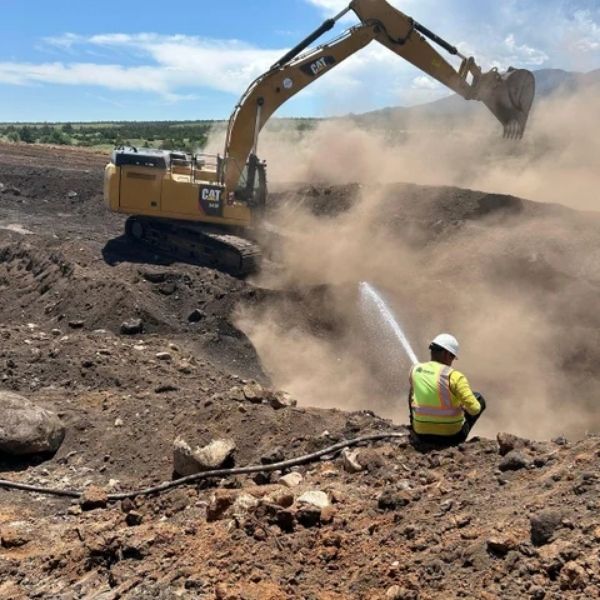


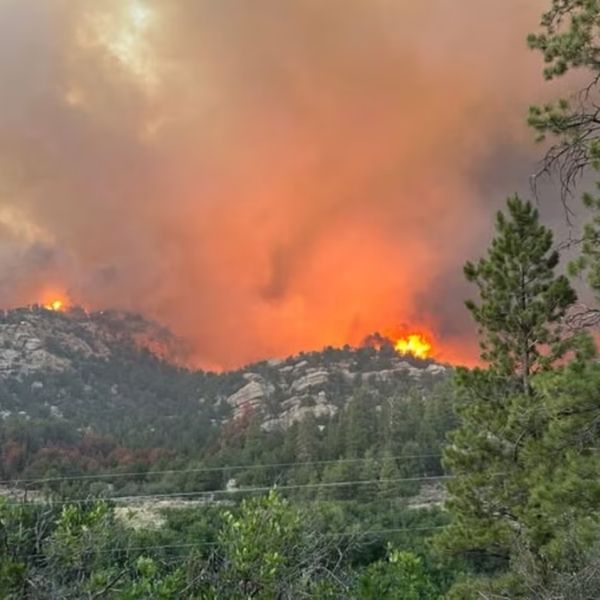


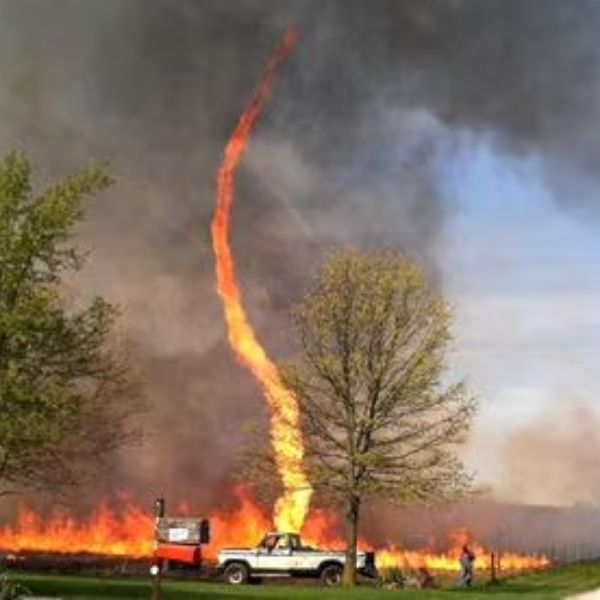
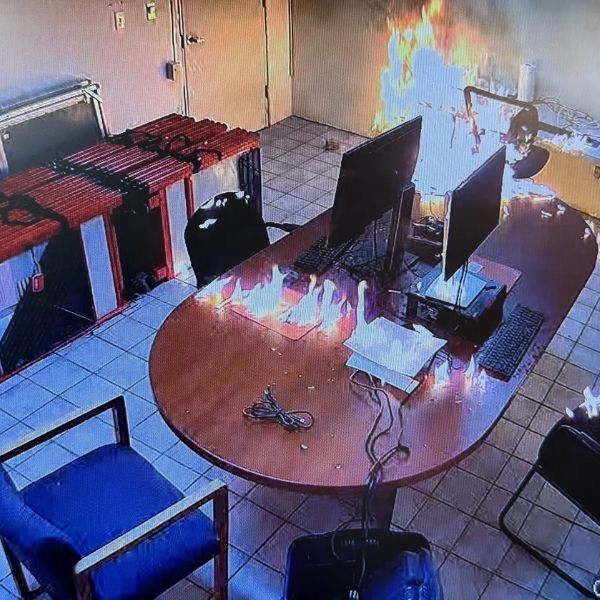
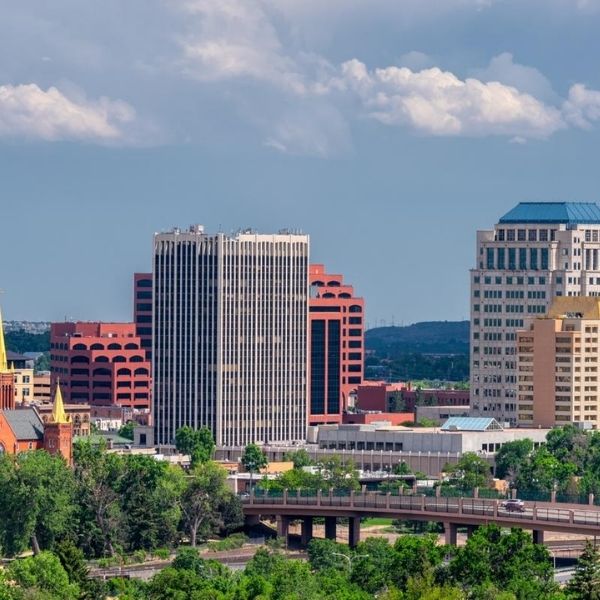


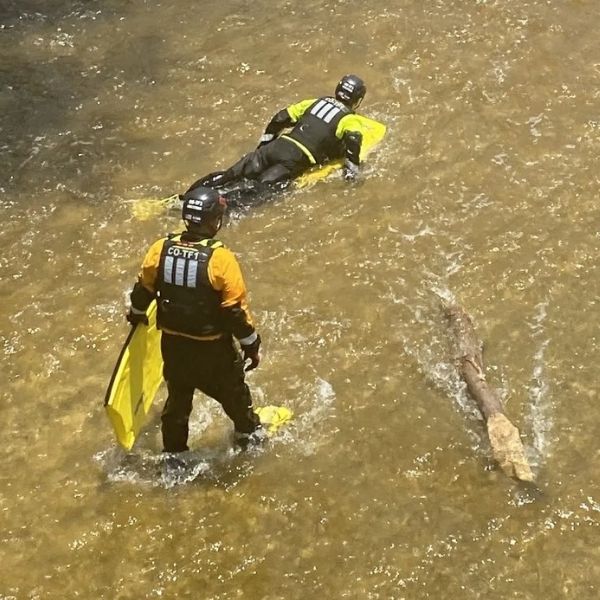



Leave a Reply